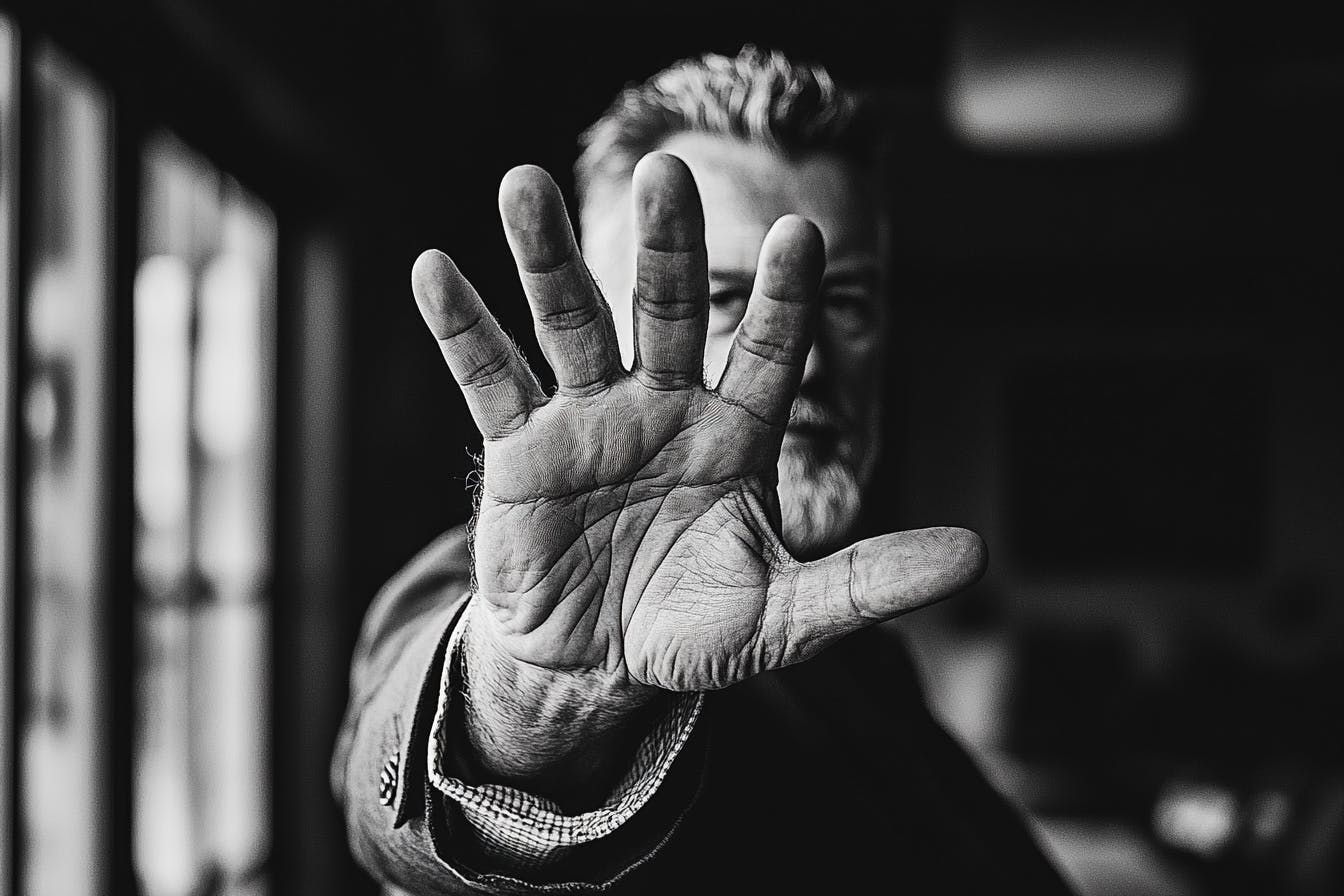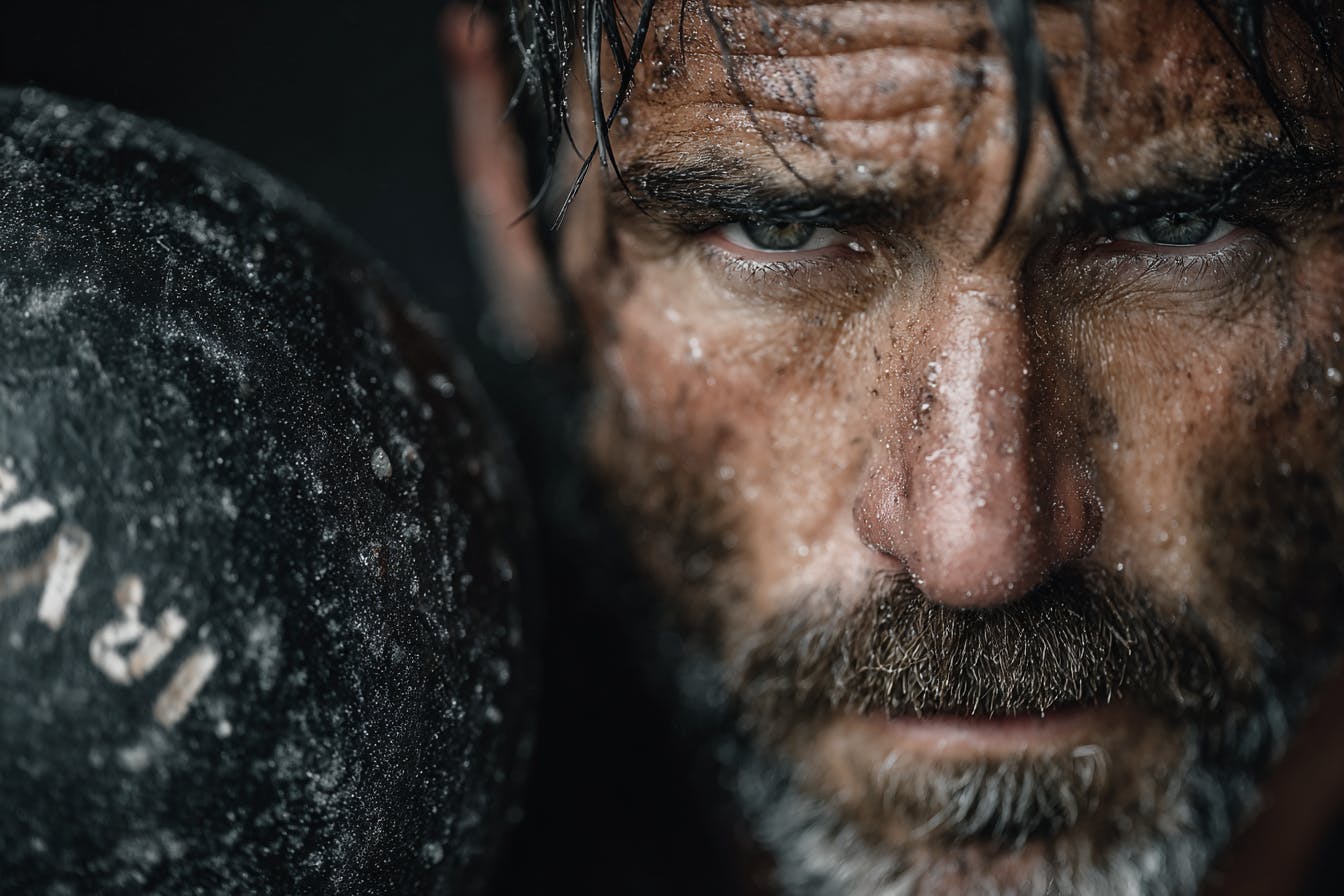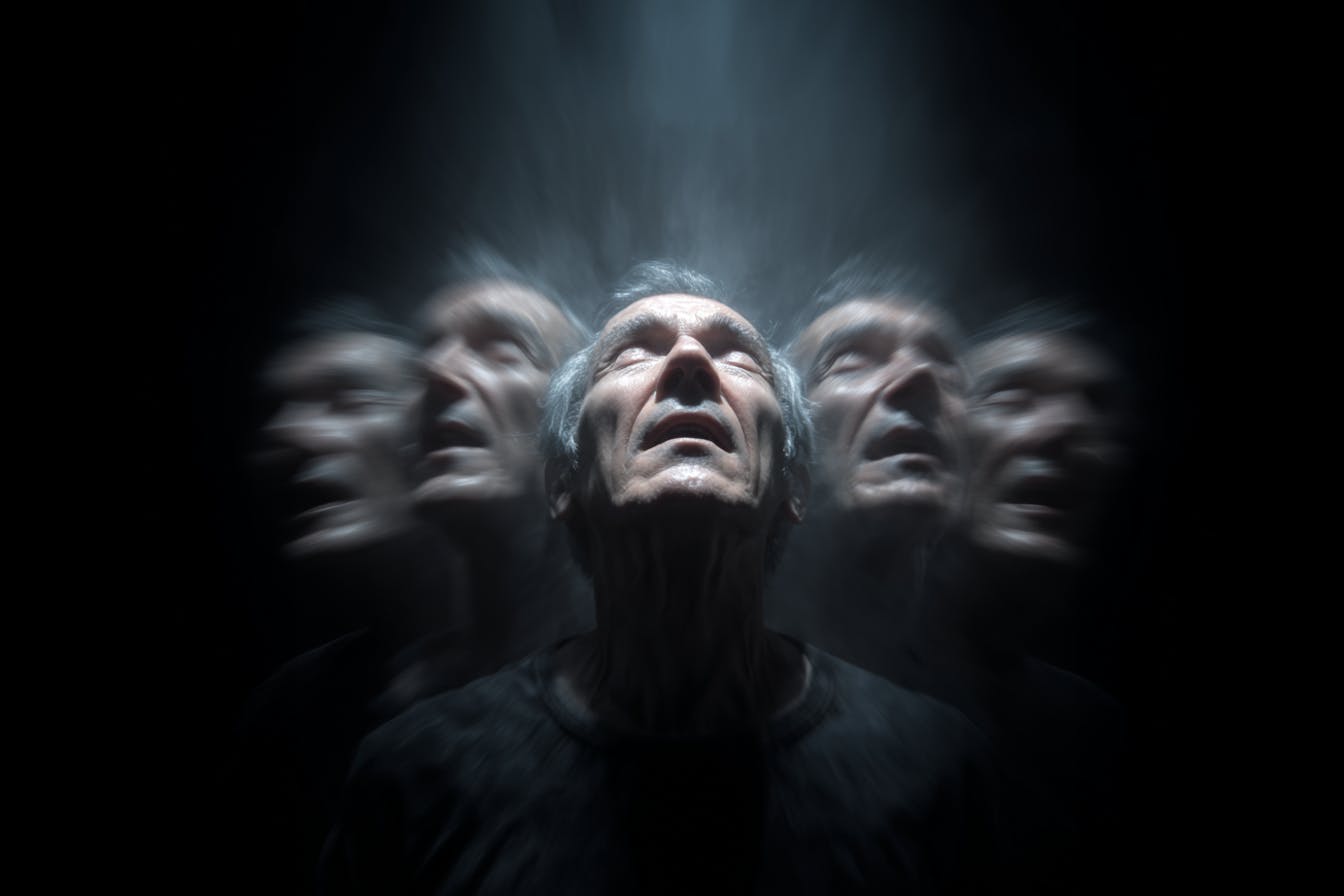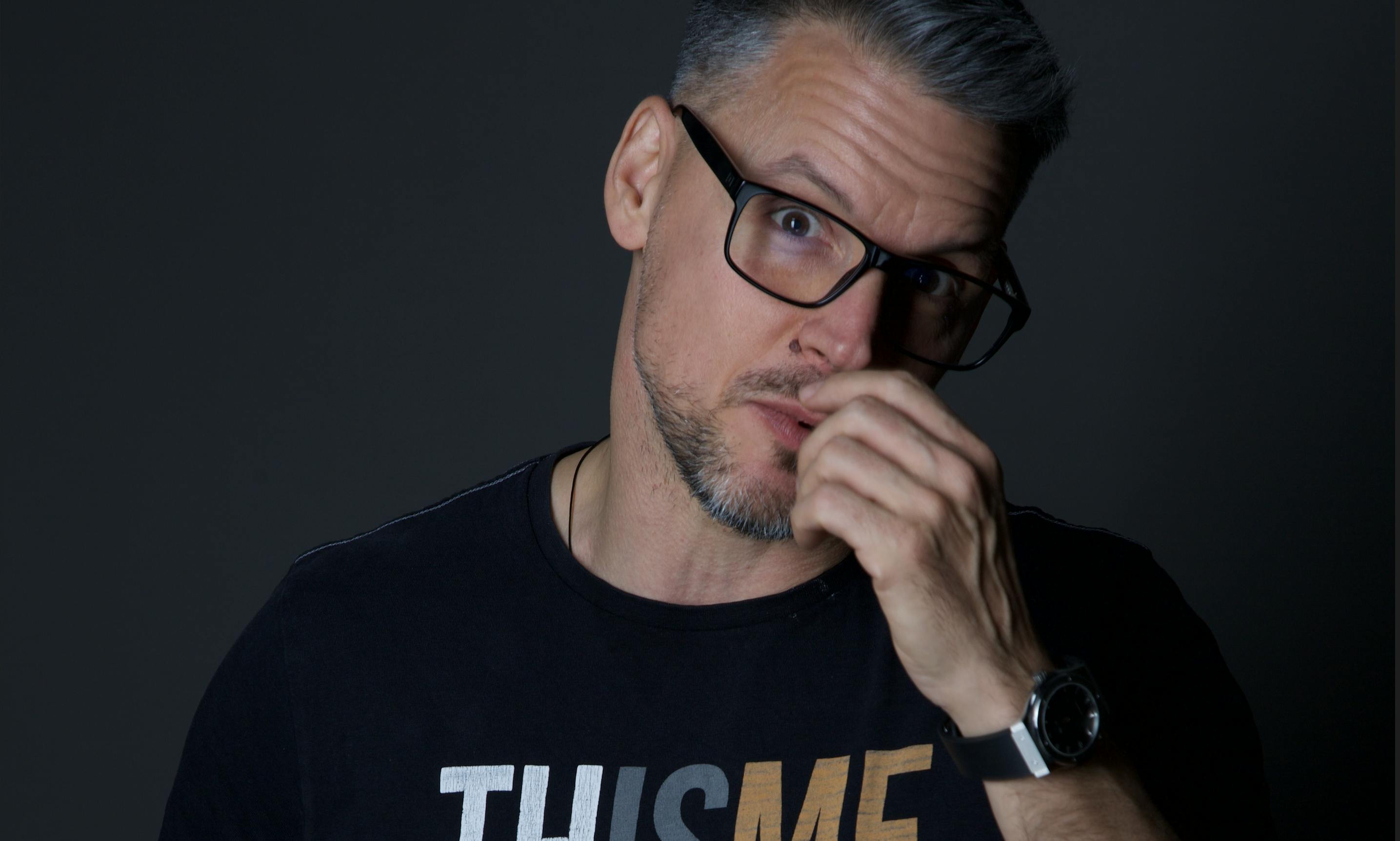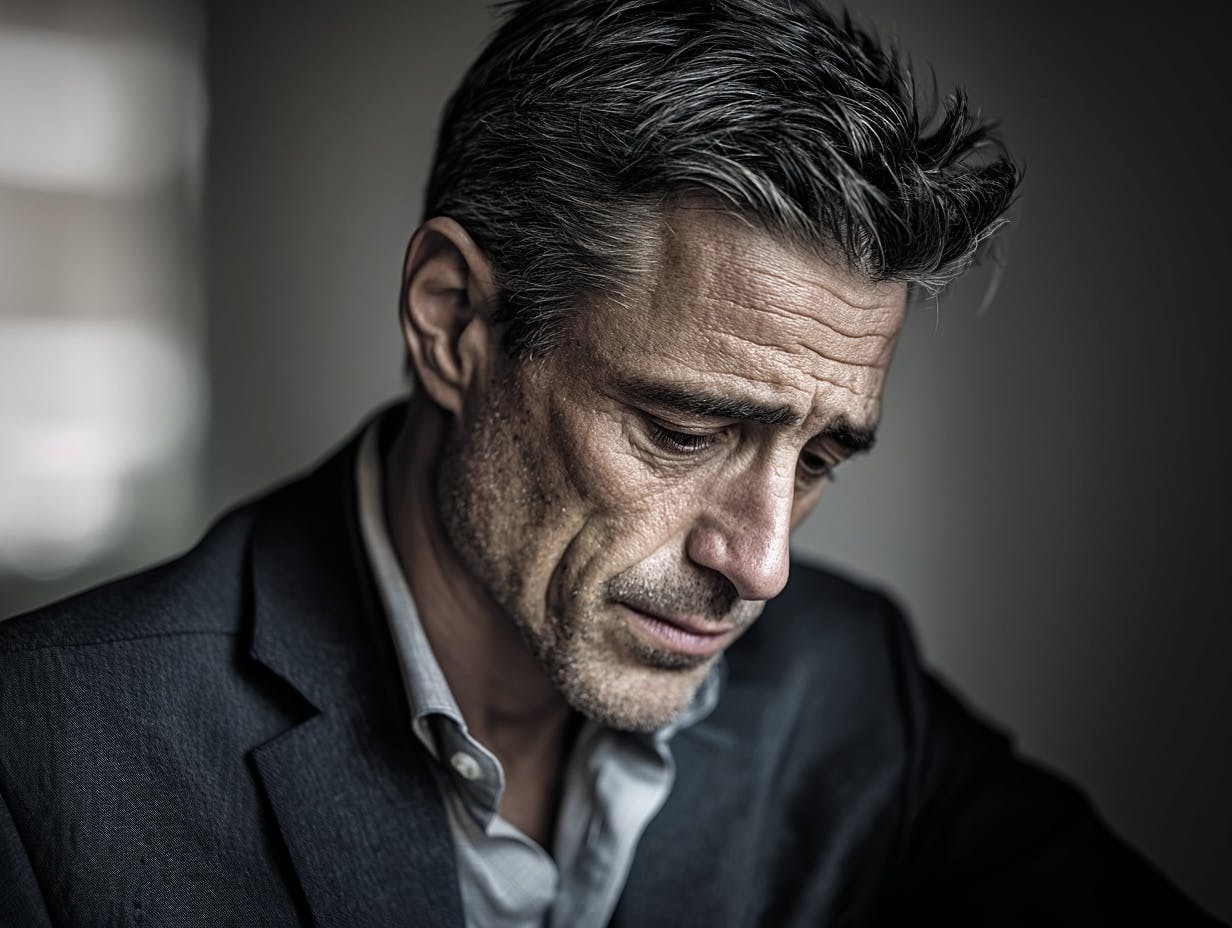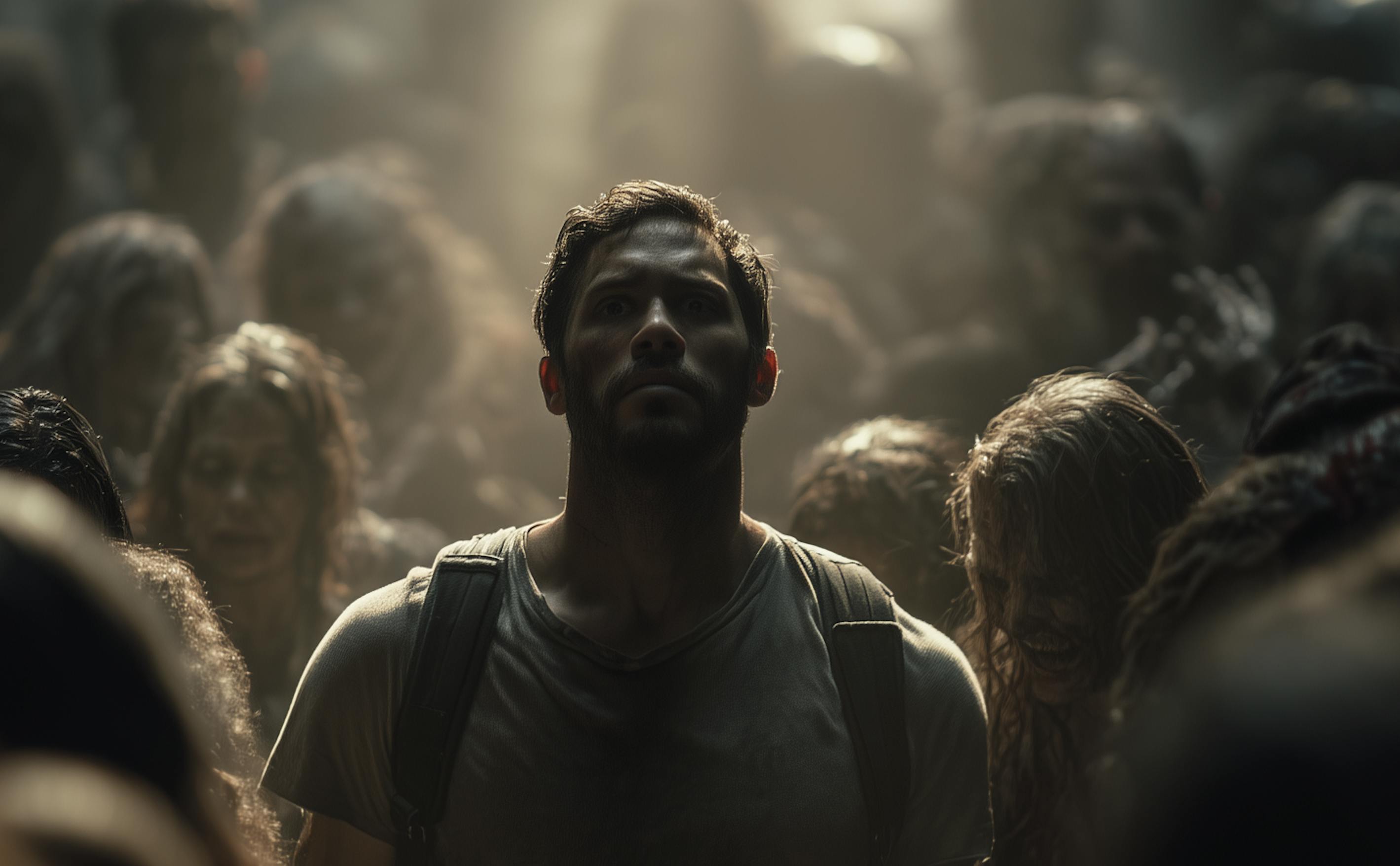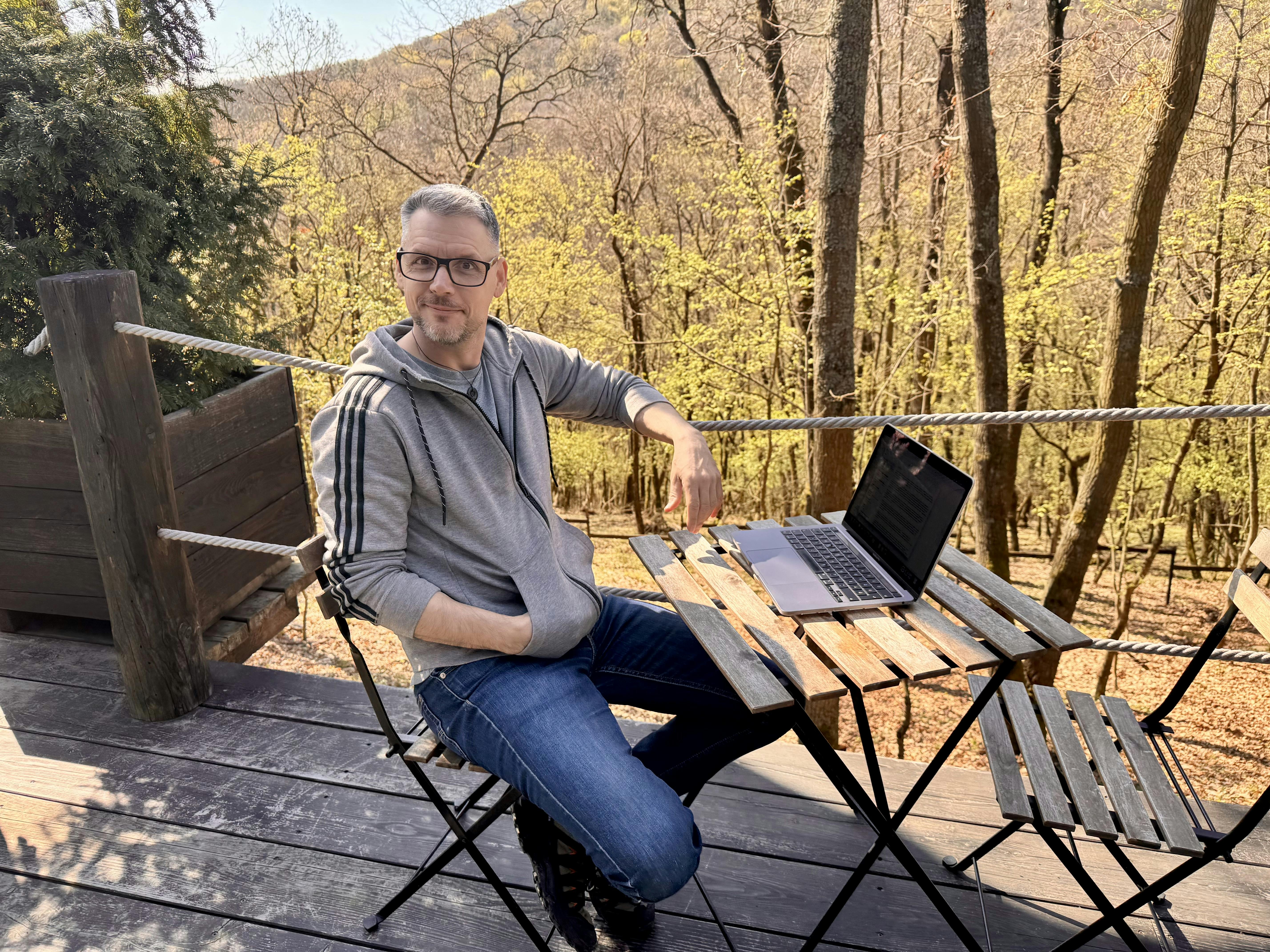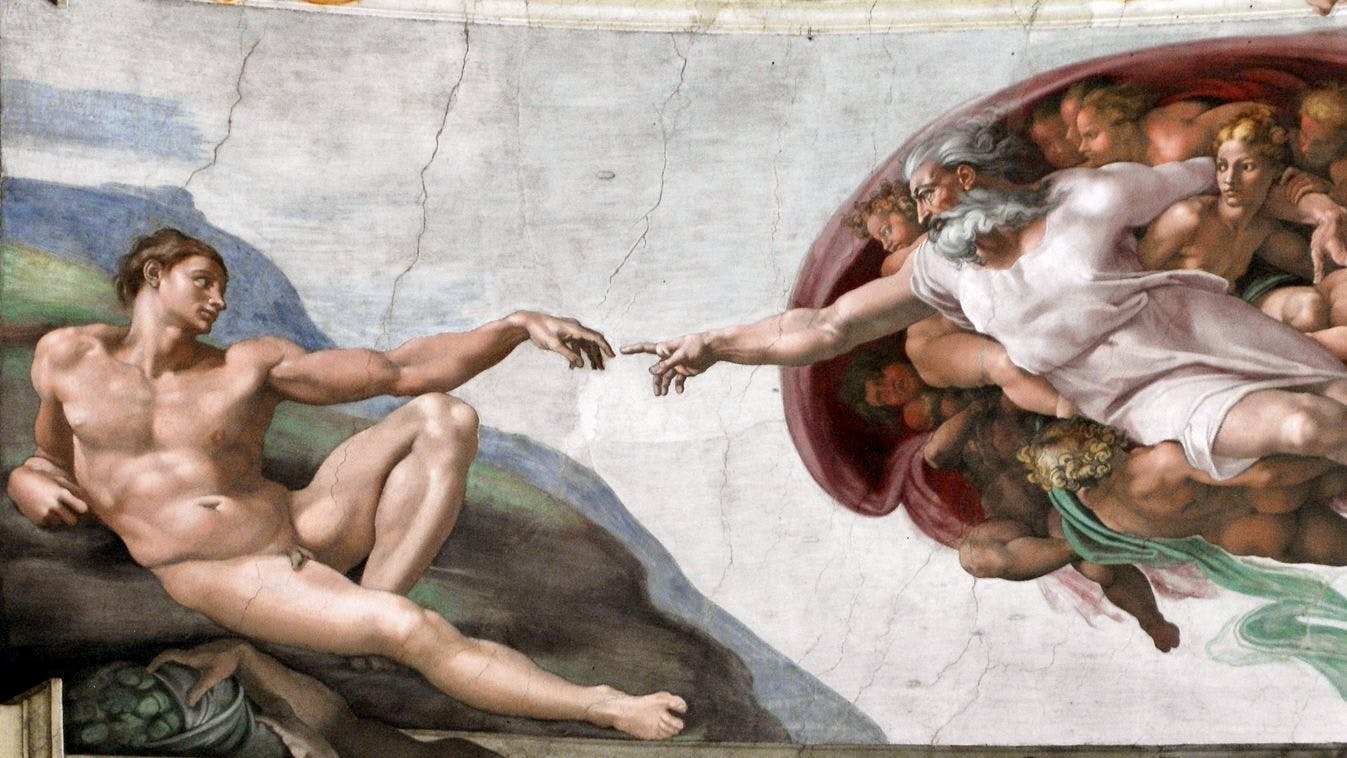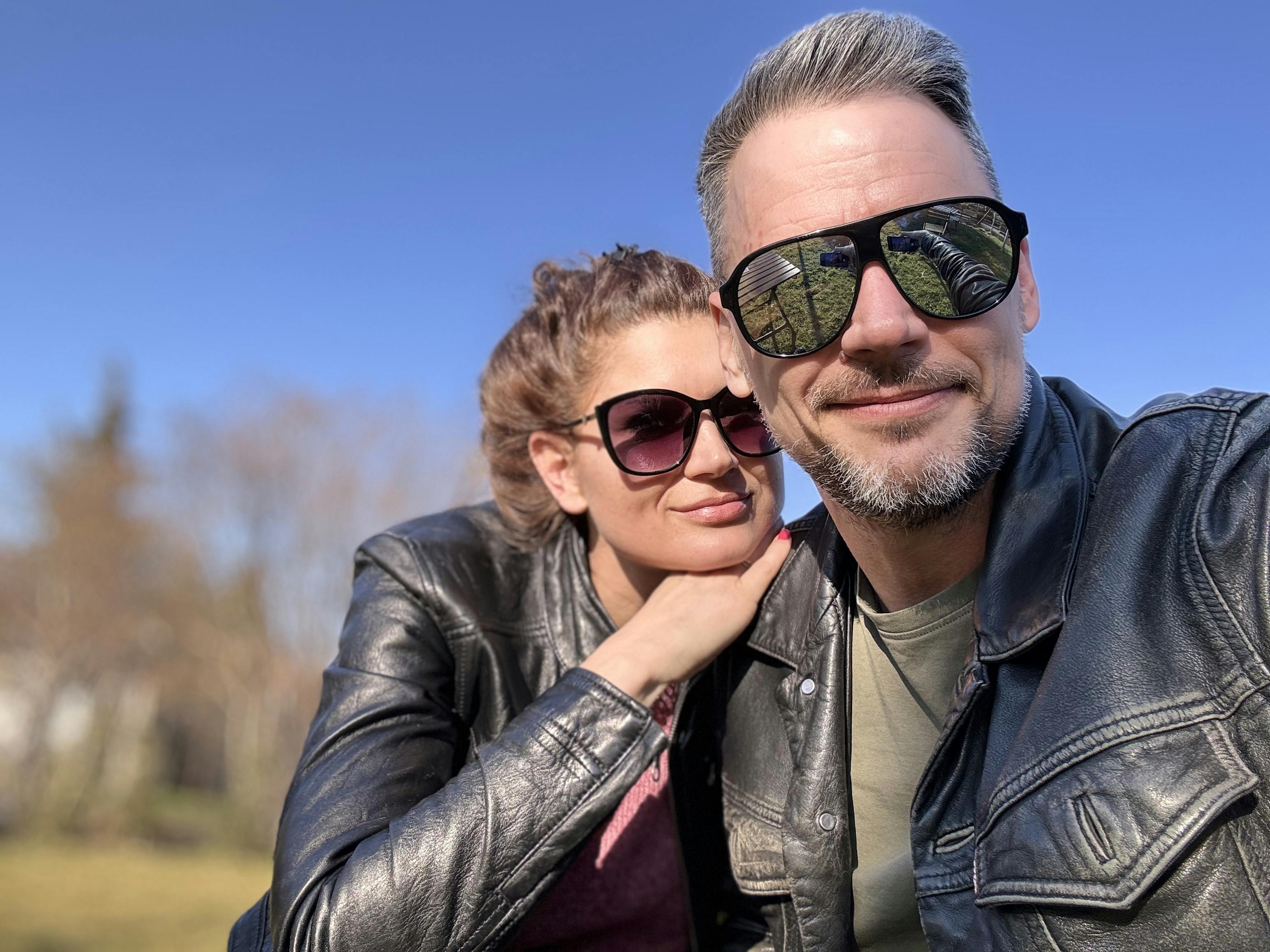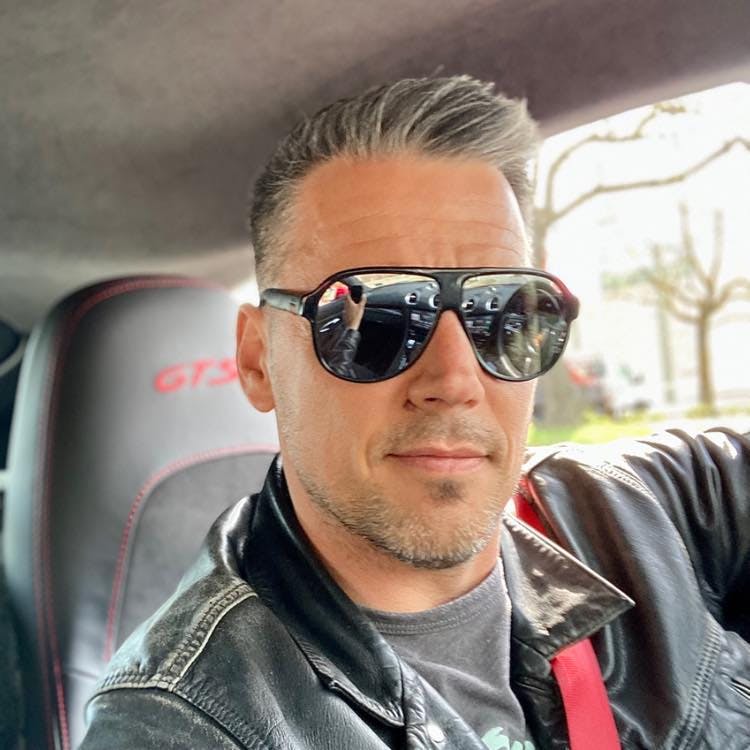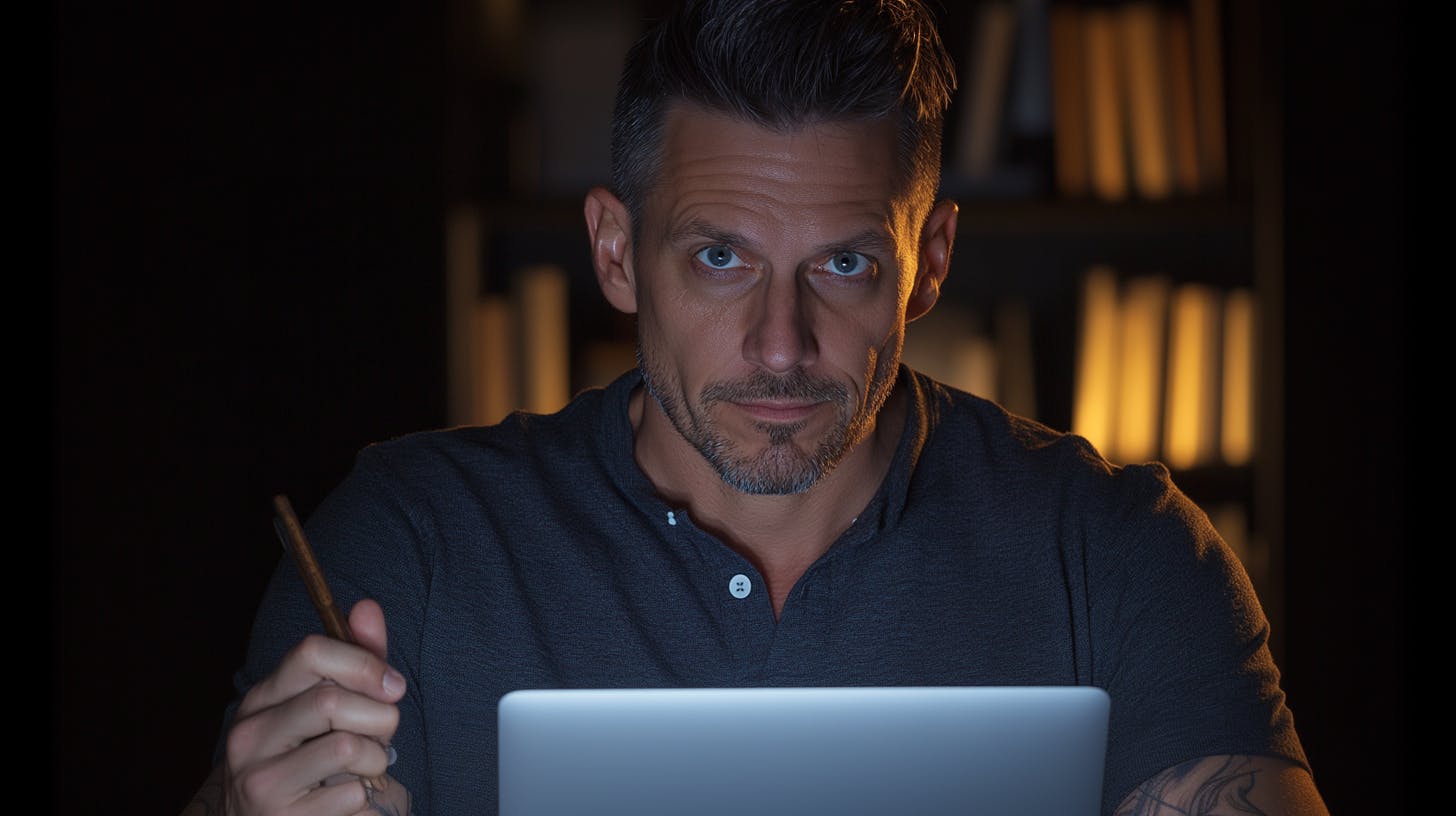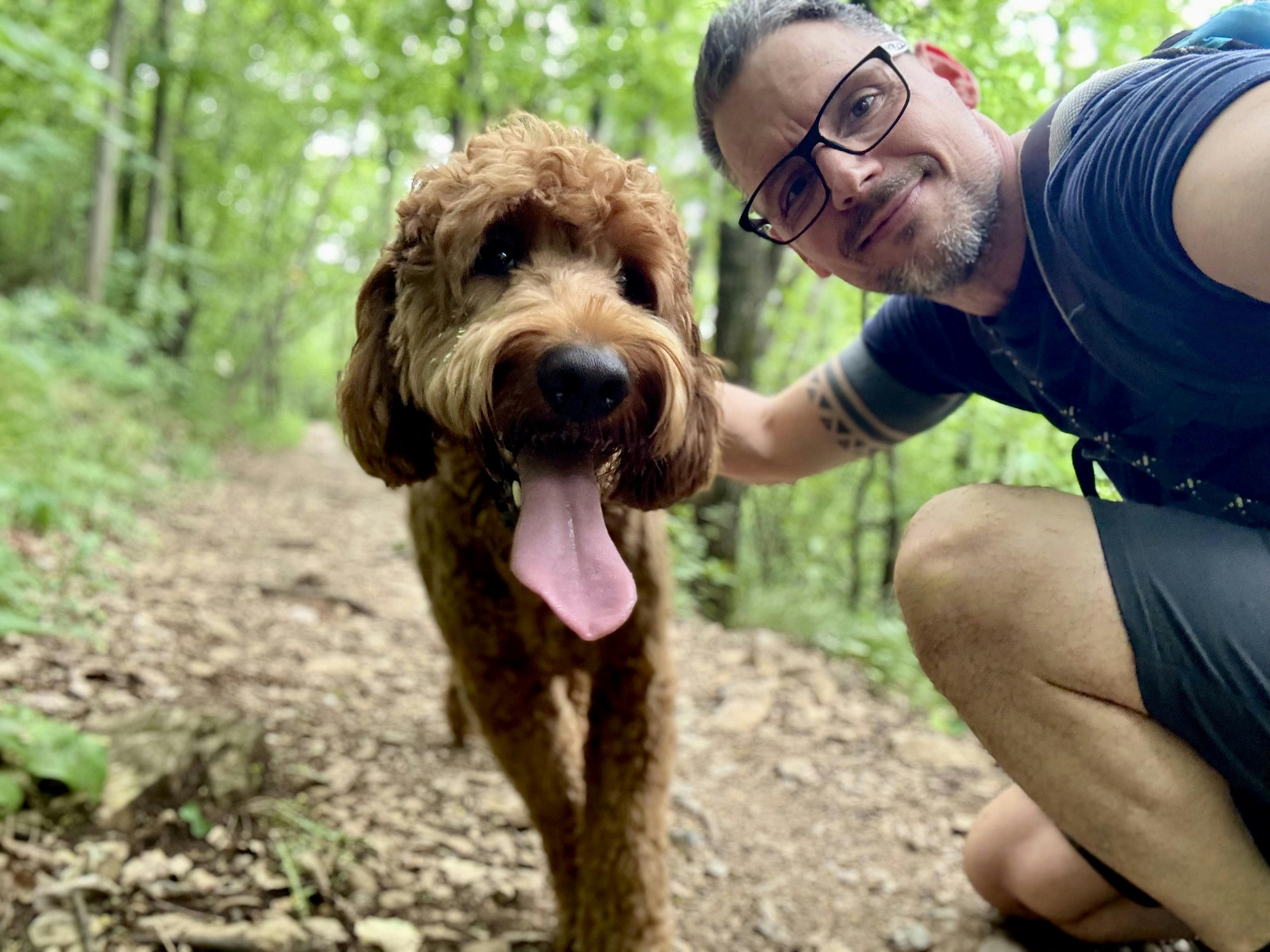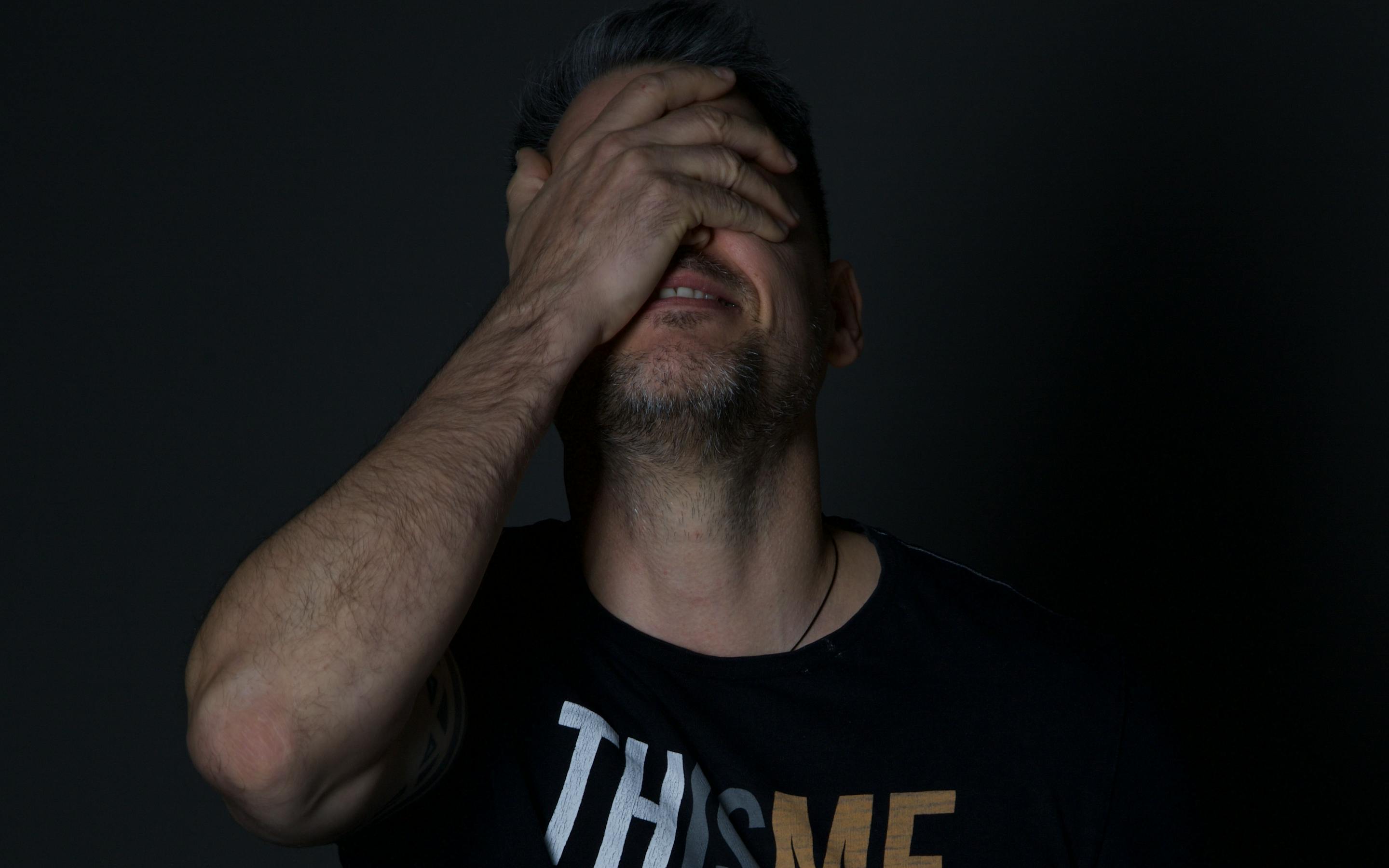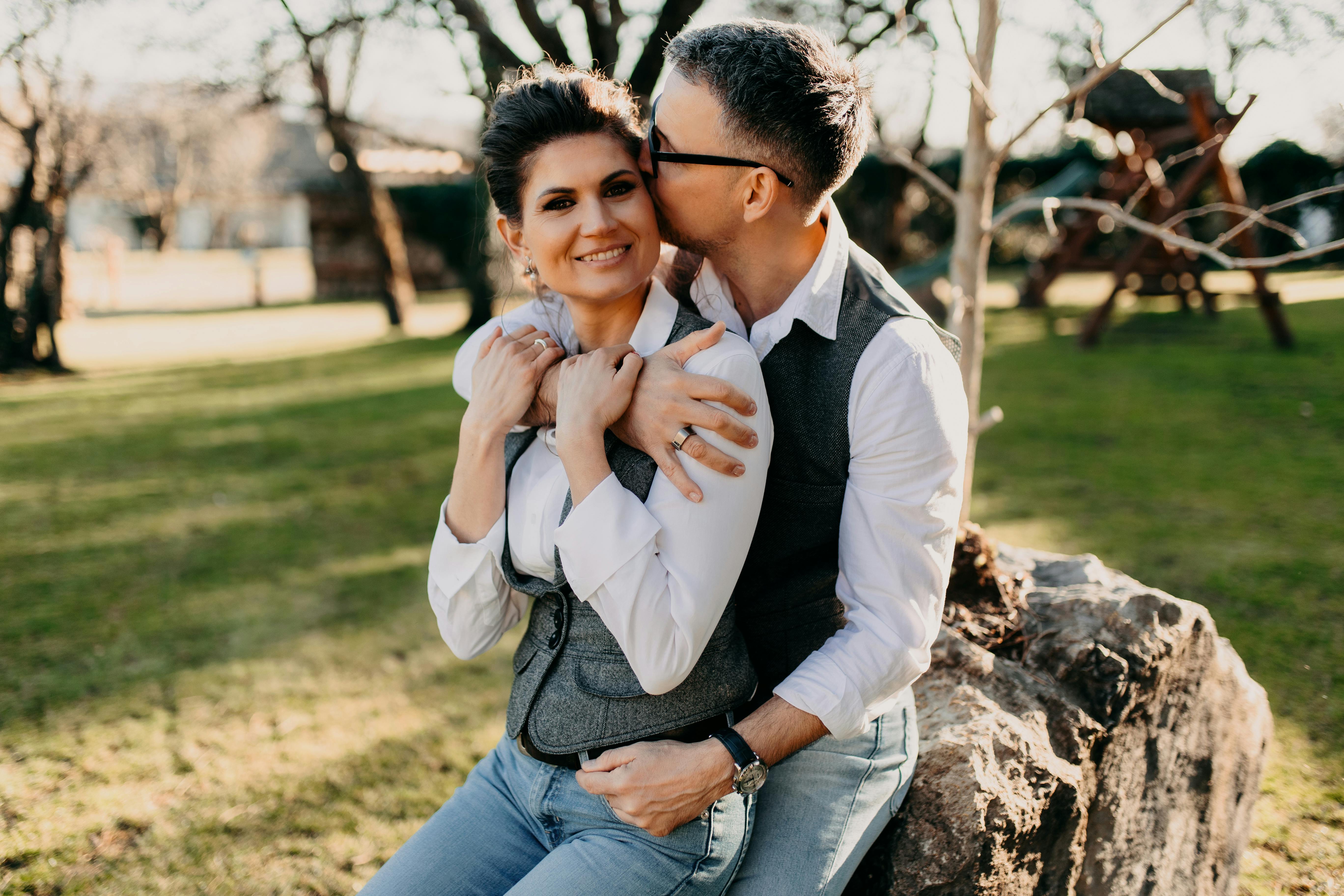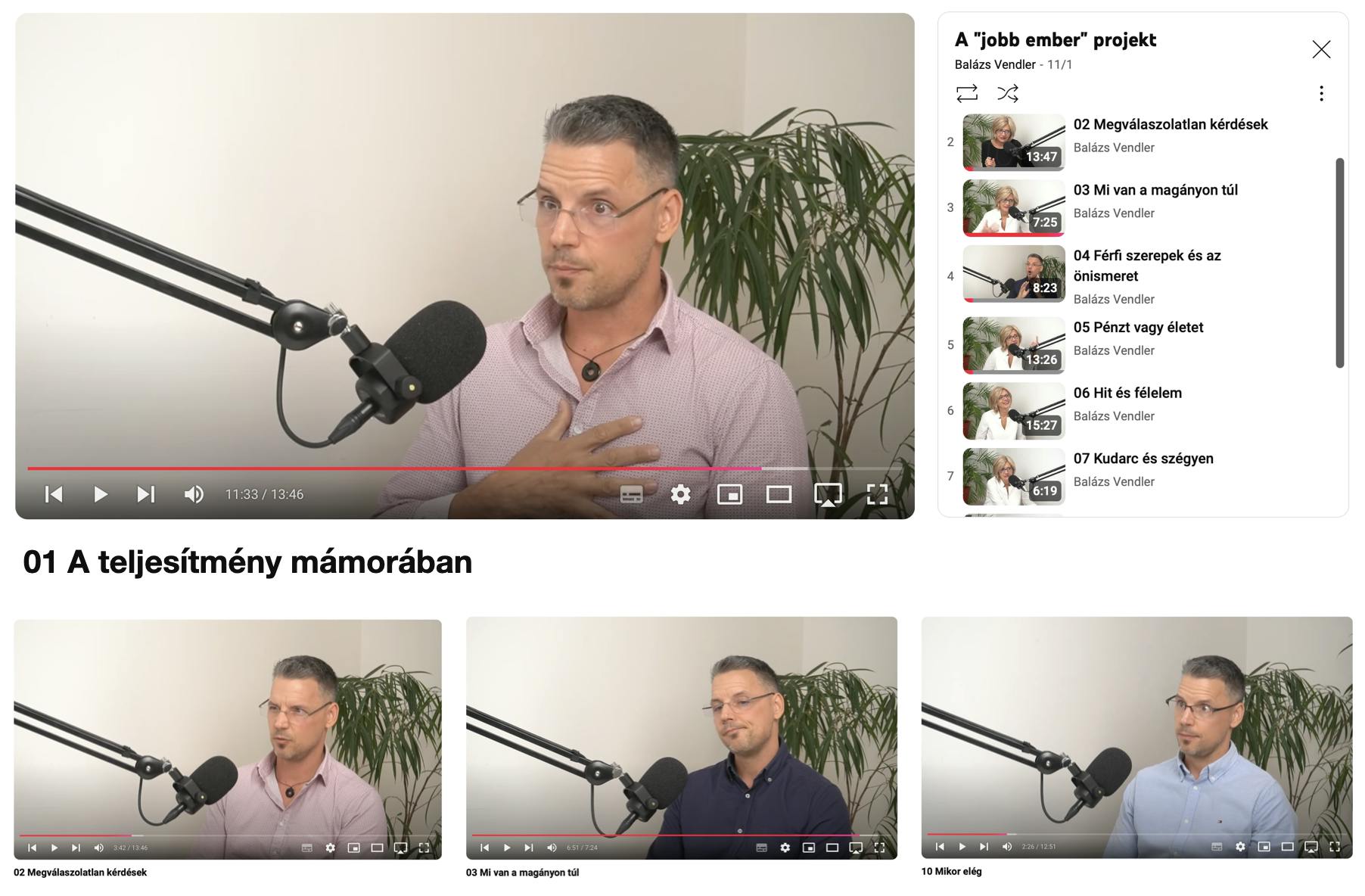
Male Roles
2024.10.13.
"Men are often characterized as having a useful purpose.
But what should a being who identifies as a man do in the middle of his life if he has lost the purpose he once deemed important, lost his sense of significance, and torn down the facade he had built?
What do we do when we are not true to ourselves, our principles, our goals, and we’ve strayed, yet are afraid to delve into the depths of shame and afraid to change because we fear losing everything we’ve achieved so far in life?
How can one redesign, redefine their life, rebuild their character, their unique masculinity, and find meaningful purposes even after overcoming scarcity? What unexpected pitfalls, failures, successes, and joys await us so that we do not succumb to shame, to degradation, but instead embrace a new, better, and entirely different quality of life?
How can we feel like complete men, free from the need to follow socially ingrained goals, usefulness, or family models? What must we give up, what is the cost, the pain, or perhaps the shame?
And if we don’t, what will the price be?
Is it okay to ask whether it is allowed—whether we should rather rely on our feelings over rational arguments, make peace with choosing what is best for us without making sacrifices?
What does it mean, and do we need to be strong men?
Is it necessary to suffer for a higher quality of life, to dive deep into ourselves, to walk through hell, or is that just bullshit, and there’s an easier, painless way?"
Two Years Ago…
...a recording was made with me, in which I had a conversation with Judit Kovács about these topics. The above text was written as feedback by one of Judit's acquaintances while we were preparing how to summarize the message of the videos.
After the HR Fest conference, I recalled this whole period again, the many uncertainties—whether I should, whether I dared talk about these things. How would this affect me, how would it affect those who are part of my story, how would it change my relationships?
How far and in what way should I take responsibility for those who are important? When am I being selfish, a traitor, or even narcissistic in choosing myself? And who will I become if I do?
Monkey
This is how a very close friend summed it up. A meaningful word. Hurtful. But other deeply painful comments came from elsewhere too—from close people. And, of course, sometimes silence spoke the loudest. Did I make a mistake?
Two years have passed.
The “Better Man Project” was created two years ago. These were two important years. These conversations set me on a path that has led to more and more unfamiliar acquaintances, more and more leaders approaching me to explore these questions in the hope of changing something. Something that isn’t right. Something we often don’t even know, only suffering from its effects in everyday life. And often, they just tell their own stories because, in a way, we are comrades. Not making a decision, lying, looking away—it rots one’s self-esteem.
Two years have passed.
Am I a better man now? I don’t know. I hope so. I feel more comfortable in my skin. My relationships have become better, deeper, and more honest. Has life gotten easier? No. Yet, somehow, I feel like I have fewer burdens to carry. Or, if not fewer, then more of us are carrying the same burden. Together.
And somehow, it’s much better to live, to experience life this way.
--
The article was translated from Hungarian to English by ChatGPT. Thank you, ChatGPT, for being here.
